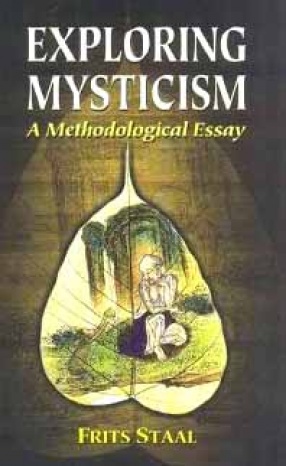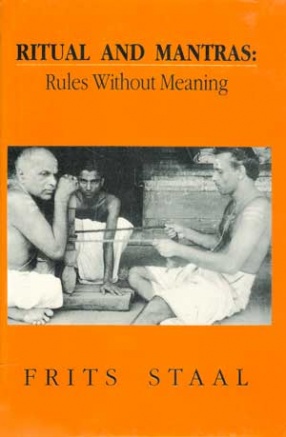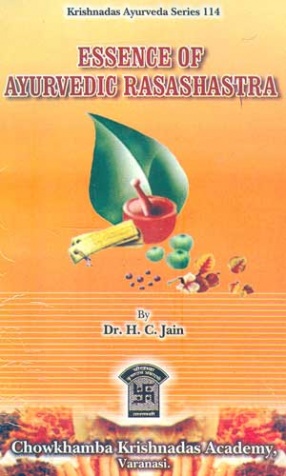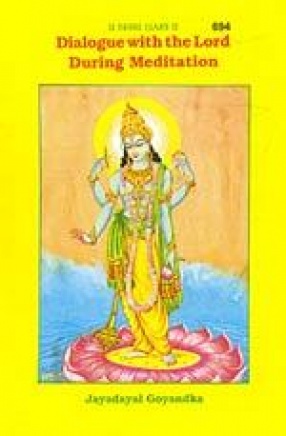Until less than a century ago, the two prevailing views of dreams as well as of souls were that they are inconsequential (the scientific view) or of divine origin (the religious view). In either case it was assumed that they cannot be objects of rational inquiry. Similar views still prevail regarding mystical experiences and mysticism in general. Modern opinion, whether friendly or hostile, holds that the mystical falls squarely within the domain of the irrational.
In the study of mysticism, a common drawback is lack of experience. However, prejudices prove to be the most persistent obstacles, especially to professional students of religion, but also to those who approach it from other angles. The author has tried to present a case for a rational point of departure, and has indicated in which directions one might go from there. This has taken him into mystic domains which are widely regarded as beyond the pale of critical investigation.
Until less than a century ago, the two prevailing views of dreams as well as of souls were that they are inconsequential (the scientific view) or of divine origin (the religious view). In either case it was assumed that they cannot be objects of rational inquiry. Similar views still prevail regarding mystical experiences and mysticism in general. Modern opinion, whether friendly or hostile, holds that the mystical falls squarely within the domain of the irrational.
The illustrations in Exploring Mysticism are drawn mainly from Indian forms of mysticism such as Yoga, supplemented with Buddhist, Taoist, Muslim and Christian examples.







There are no reviews yet.